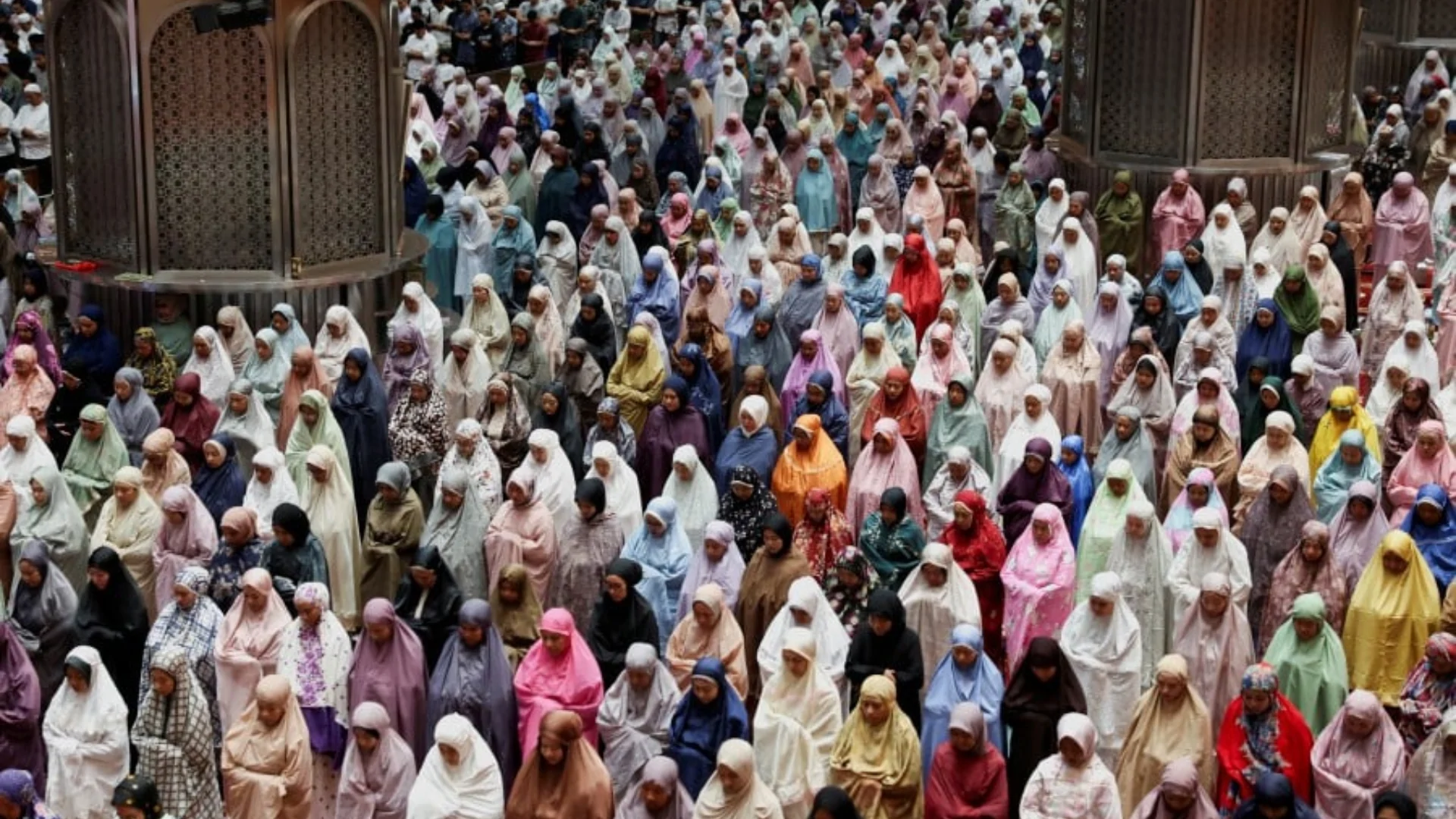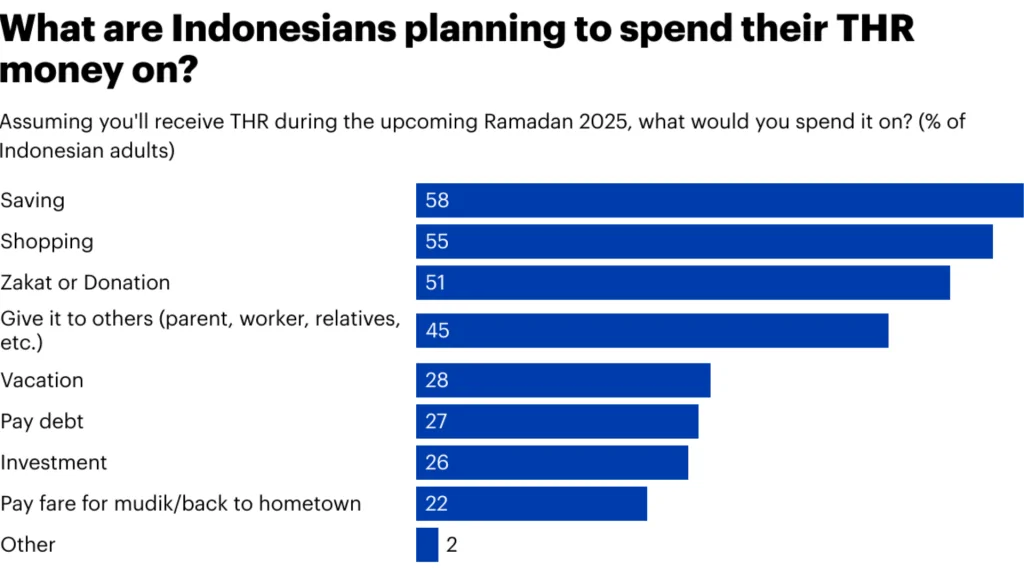

photo 2
Due to declining consumer expenditure, Indonesia’s economy is going through a rough patch. Prices fell for two months, indicating that Indonesians are cutting back on their shopping. Rising job losses cause families to justify every purchase made. With the advent of Ramadan, the expectation of many to save up rather than spend on luxury goods may prevail.
The Indonesian Central Bureau of Statistics (BPS) recorded a deflation of 0.76 in January and another 0.48 in February. According to Achmad Nur Hidayat, a public policy expert from UPN Veteran Jakarta, this is an indication of a weak domestic market, mainly due to skilled labor being laid off.
“The beginning of this new year hasn’t been so unrewarding; two months running of deflation show how low household spending actually is.”In 2024, somewhere close to 77,965 people were affected by layoffs, and in January 2025, another 4,050 people were laid off,” said Achmad.
Although Ramadan usually sees consumer spending activity, the expenditure is expected to be lower than in previous years. While small food and beverage businesses are going strong, the clothing industry has faced pressures from imports.


Spending around Eid is expected to grow slightly, especially with the government disbursing holiday bonuses (THR) to civil servants. In 2025, the government is set to allocate Rp 50 trillion ($3.2 billion), up from Rp 48.7 trillion last year. The prime purpose of this is to ensure a better flow of money in the economy.
Still, people were subjected to thrift and living on a budget. A survey showed that 67 percent of Indonesians in the year 2024 spent at least one-fourth of their holiday bonuses for purchases during Ramadan and Eid celebrations. The economic uncertainties of 2025 prompt other factors-perhaps saving or paying down debts- before some luxury acquisitions. Consumer confidence is also waning, indicating hesitant consumers reluctant to spend on big-ticket items.
The Indonesian Shopping Center Association (APPBI) foresees that retail transactions during the Ramadan month will enjoy a 15-20 percent rise when compared to non-Ramadan months. This, however, is slower than the 30 percent rise seen in 2024.
In view of Ramadan, the government puts in its effort to stabilize the economy. Whereas political stability has its positive side, concerns in the financial market keep coming up. The weaknesses of the rupiah and the declines of the Jakarta Composite Index (JCI) are visible signs of investors’ worry about the economic health of the nation.
University of Indonesia economist Teuku Riefky is concerned that consumer spending remains low ahead of Ramadan, unlike previous years when demand usually picked up before the festive season.
In a unique melding of old spirituality with new technology, Johor's Tianhou Temple claims to have the first-ever Mazu statue…
Former DIA member Somyi is returning to the hallowed halls of K-Pop following legal troubles and a bitter stint in…
Cebu pride Anton “The Dragon” Raga gave an impressive performance on Sunday night dominating the Sharks Billiards Association (SBA) Philippine…
At ASEAN Headquarters in Jakarta, Dr. Kao Kim Hourn welcomed Professor Nobuhiro Aizawa the dean of Economic Research Institute for…
Mao Saigo etched history on Sunday by winning the Chevron Championship after overcoming a thrilling five-player playoff to become the…
K-Dramas have become a household name around the world in the past two or more decades-from Asia to the Americas,…
This website uses cookies.
Read More